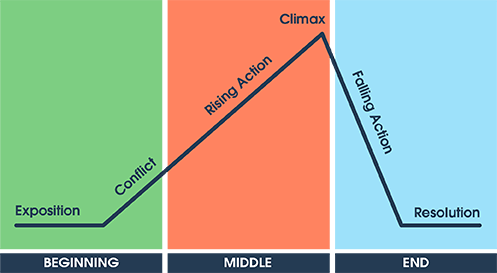Critical Thinking Skills Graphic Organizer

Leiate selle storyboard järgmistes esemed ja vahendid:

Kriitilise Mõtlemise Oskuste Arendamine
Autor Lauren Ayube
Kriitiline mõtlemine on aktiivne teabe kogumise ja analüüsimise protsess, et kujundada arvamust või hinnangut . See ei piirdu kindla ainevaldkonna või klassitasemega, vaid pigem üldise selge ja ratsionaalse mõtlemisvõimega.
'
Vaadake mõnda muud meie harivat artiklit!
Süžeeskeem Kirjeldus
Developing Critical Thinking Skills in students is key. The most important ones are analysis, communication, creativity, open-mindedness, and problem solving.
Süžeeskeem Tekst
- Libisema: 1
- Analysis
- Research
- Ask Questions
- Interpret
- Notice Patterns
- An important part of critical thinking is examining and analyzing something. This could include written text, actual data, or a problem that is presented.
- Libisema: 2
- Communication
- Actively Listen
- Present
- Explain
- Oftentimes students will share their thoughts and conclusions with a group or a partner, and have to collaborate in some way. Being able to work with others and communicate effectively is a key element to critical thinking.
- Libisema: 3
- Creativity
- Predict
- Infer
- Imagine
- Make Connections
- Be Curious
- Another important skill for a critical thinker is innovation and creativity; not being afraid to think out of the box, try something different, and approach things from all angles is key.
- Libisema: 4
- Open-Mindedness
- Inclusivity
- Diversity
- Fairness
- Objectivity
- A critical thinker is someone who is able to think without judgement, bias, or assumption. It is important to simply pay attention to the information itself and draw conclusions with a clear mind.
- Libisema: 5
- Problem Solving
- Make Decisions
- Clarify
- Evaluate
- Pay Attention to Detail
- Perhaps the most important skill of a critical thinker is the ability to solve problems. Problem solving includes understanding the problem, coming up with and implementing a solution, and assessing the outcome of your plan.
Loodud üle 30 miljoni süžeeskeemi
Proovimiseks Pole Vaja Allalaadimist, Krediitkaarti ega Sisselogimist!



